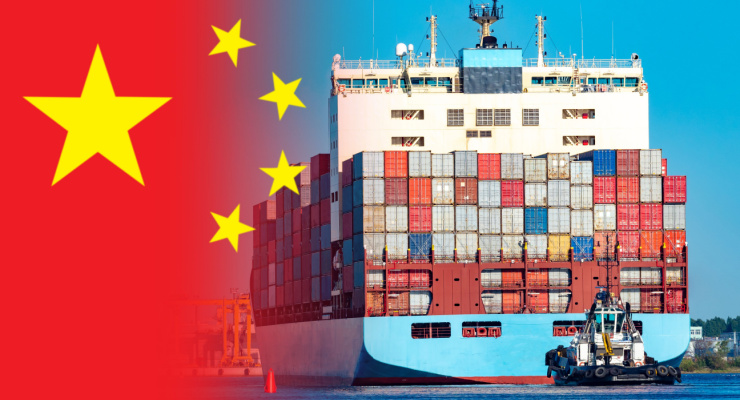Rhiannon Hoyle of The Wall Street Journal reports that the experience of steelmaking coal exporters and some other industries targeted by China suggests the trade relationship has suffered lasting damage. She writes:
When China reopened its ports to Australian steelmaking coal in January, it soon ran up against a legacy of its two-year standoff with one of its biggest trading partners: The ships mostly weren’t coming back.
Australian coal exporters had to cultivate new markets on the fly after being locked out of China when its leaders reacted angrily to former Australian Prime Minister Scott Morrison’s call for an international investigation into the origins of Covid-19. Many turned to India, which needs coal to feed its burgeoning steel industry. Those ties have held even as Beijing rolled back restrictions.
On Saturday, Prime Minister Anthony Albanese heads to China for the first visit by an Australian leader since before the diplomatic rift began. Albanese says trade and climate change top his agenda in meetings with Chinese officials during the four-day trip, which will include a meeting with leader Xi Jinping.
But the experience of steelmaking coal exporters and some other industries that were targeted by China with restrictions such as tariffs suggests Albanese faces a tough task and that the trade relationship has suffered lasting damage. China, for example, now gets more of its steelmaking coal from Mongolia and Russia, which redirected some supply following import bans imposed by Western countries due to the war in Ukraine. […]
When China reopened its ports to Australian steelmaking coal in January, it soon ran up against a legacy of its two-year standoff with one of its biggest trading partners: The ships mostly weren’t coming back.
Australian coal exporters had to cultivate new markets on the fly after being locked out of China when its leaders reacted angrily to former Australian Prime Minister Scott Morrison’s call for an international investigation into the origins of Covid-19. Many turned to India, which needs coal to feed its burgeoning steel industry. Those ties have held even as Beijing rolled back restrictions.
On Saturday, Prime Minister Anthony Albanese heads to China for the first visit by an Australian leader since before the diplomatic rift began. Albanese says trade and climate change top his agenda in meetings with Chinese officials during the four-day trip, which will include a meeting with leader Xi Jinping.
But the experience of steelmaking coal exporters and some other industries that were targeted by China with restrictions such as tariffs suggests Albanese faces a tough task and that the trade relationship has suffered lasting damage. China, for example, now gets more of its steelmaking coal from Mongolia and Russia, which redirected some supply following import bans imposed by Western countries due to the war in Ukraine.
Read more here.

